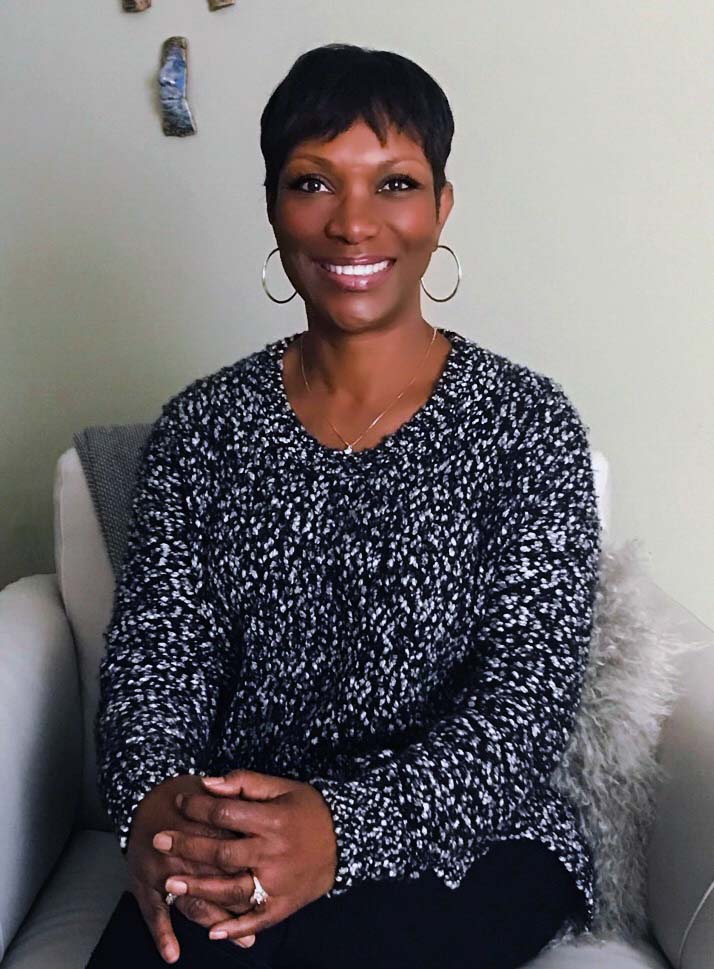Death is never easy. We are never truly prepared; it most always catches us off guard. Let’s be mindful, so we don’t have to live with regret.
Grief
My dear friend of 23 years lost her father last week. Although he was 93 years old and lived a great life, the loss is still a difficult one for her. Her father adored her and she adored him. She affectionately called him “Bab,” short for Baba, which means father in Armenian. Bab was a caring, compassionate and loving father who valued his family above all else.
The memorial was held at “Holy Martyr’s Armenian Apostolic Church,” I walked in late, as is my habit of late, to the smell of burning incense, soft light filtering through stained glass windows, and paintings of saints, many of which I did not know. The Eulogy and song were in Armenian, but the deep sadness I felt in the room transcended language.
My friend was fortunate to have had a caring and loving relationship with her father, and she has no regrets. Some of us are not so lucky and have complicated or strained relationships with our fathers. So when death approaches us, we feel lost, confused, unloved and abandoned. Because we have few good memories to moor us, we often find ourselves floating in our grief for years. We have nowhere to anchor our regrets, sorrow and unspoken love, so we hold on tight to feelings of resentment and anger at not having had the opportunity to receive and give love to our fathers.
What I learned today is that it is never too late to work it through. Death does not just take, but it also gives. It provides us with opportunity to grow by extending the gift of forgiveness and compassion, not just to our fathers but also to ourselves. As we said our good-byes to my friend’s wonderful father, I took the opportunity to extend forgiveness and compassion to my own father who died in 1990. I realized that not every father can be like “Bab.”

